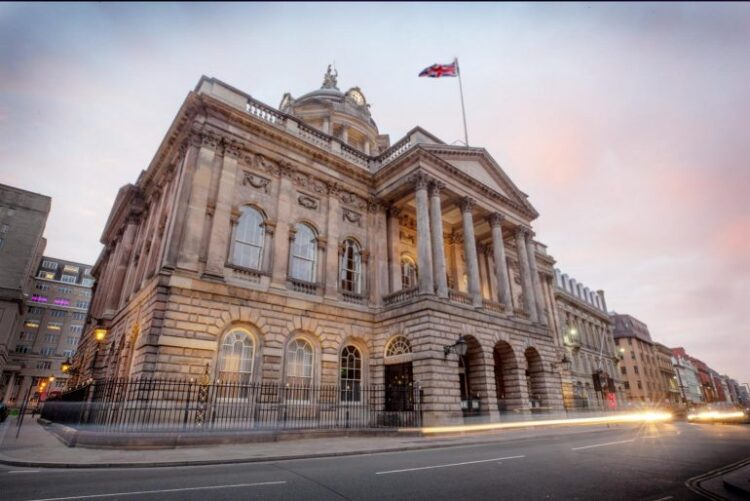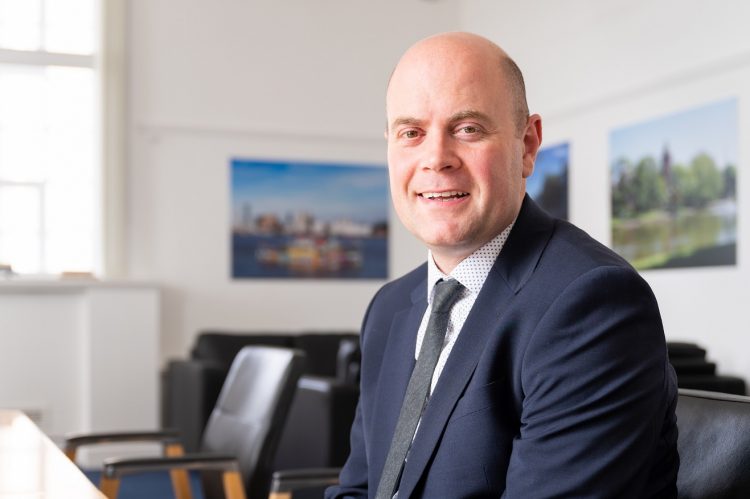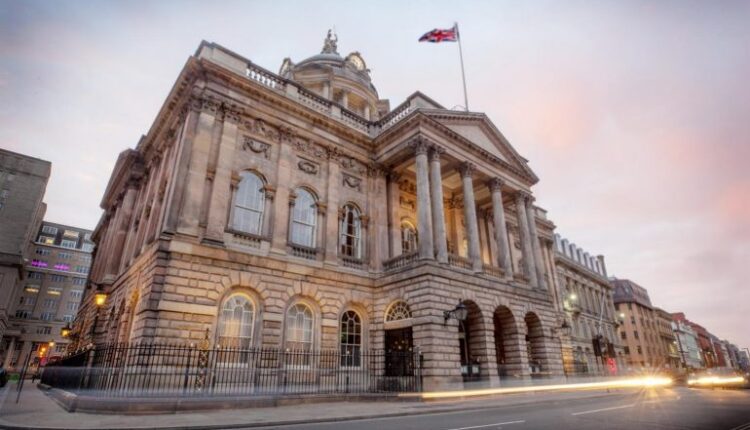Council Tax in Liverpool set to rise by 4.99% with business rates also up 6.7% as the city council grapples with a homelessness crisis and £85m of spending cuts. Tony McDonough reports

Senior councillors in Liverpool are proposing what is described by Government commissioners as a “robust budget” for 2024/25.
As the authority grapples with a homelessness crisis and the cumulative impact of more than a decade of Government spending cuts, it proposes to raise Council Tax by the maximum of 4.99%.
Business rates will also rise 6.7% in this coming financial year and will contribute around £200m to a total budget of more than £600m. That rise is set by central Government.
The council will make further savings this year, the second year of a three-year plan to slash £85m from its spending.
These latest spending plans were approved by Cabinet at a meeting on Tuesday and will now be put to all councillors at the Budget Council meeting on Wednesday, March 6.
Council leader Liam Robinson said at the cabinet meeting that the “economic turmoil unleashed on us” by the Government. He added: “We should never lose sight of how difficult it is to achieve a balanced budget.”
A key focus of the budget for the next financial year will be to invest this additional funding into supporting adult social services, children in care, tackling homelessness and investing in environmental programmes.
And the council has increased budgets for demand-led services, as a result of the continuing impact from high inflation and the cost of living crisis, by a further £24m in 2024/25. Key elements of the additional funding include:
- £7.8m to support transformation activities to improve the delivery of council services and investment decisions.
- £3.5m for Children’s Services to support its improvement plan, rising to £4.8m from 2025/26.
- £1.7m for street cleansing over the next two financial years.
- £1.5m for neighbourhood enforcement programmes over next two financial years.
- £1.4m for the new Neighbourhood Model services.
- An additional £1m per year from 2025/26 will be invested to support homelessness services.
As well as additional investment, the Council will also put aside 6% of its next expenditure budget in reserve. This equates to £37m which provides financial resilience in case of the need for emergency spending.
Liverpool is projected to make £85m of savings by 2025/26 of which a significant amount relates to improvements in adults and children’s social care.
In addition a further £18m will have been generated by 2025/26 thanks to increased income collection rates as a result of improvements to online payment processes and streamlining systems.
Liverpool City Council has also absorbed the 9.8% National Living Wage increase, which comes into effect from April 1.

Commissioners sent in to run the city following the damning Caller Report have described this budget report as “the culmination of some very impressive teamwork within finance and between finance and strategic directors and departments, and between officers and the executive”.
They added: “In our view this report proposes a robust budget for 2024/25 and a solid foundation for managing both revenue and capital.”
READ MORE: What next for Martins Bank Building project?
READ MORE: Liverpool planners u-turn on apartments refusal
Cllr Robinson added: “Our move to a new Neighbourhood Model of joining up services will make us more effective and responsive to issues raised by residents and councillors, as well as enabling us to tackle issues with rogue landlords and anti-social behaviour.
“In addition to this, we are investing significantly in tackling the issues that matter most to residents, such as flytipping, street cleansing and homelessness.
“We are also putting more money into improving our Children’s Services, to make sure we deliver on our pledge to transform the department into one of the best performing in the country over the next few years.”

